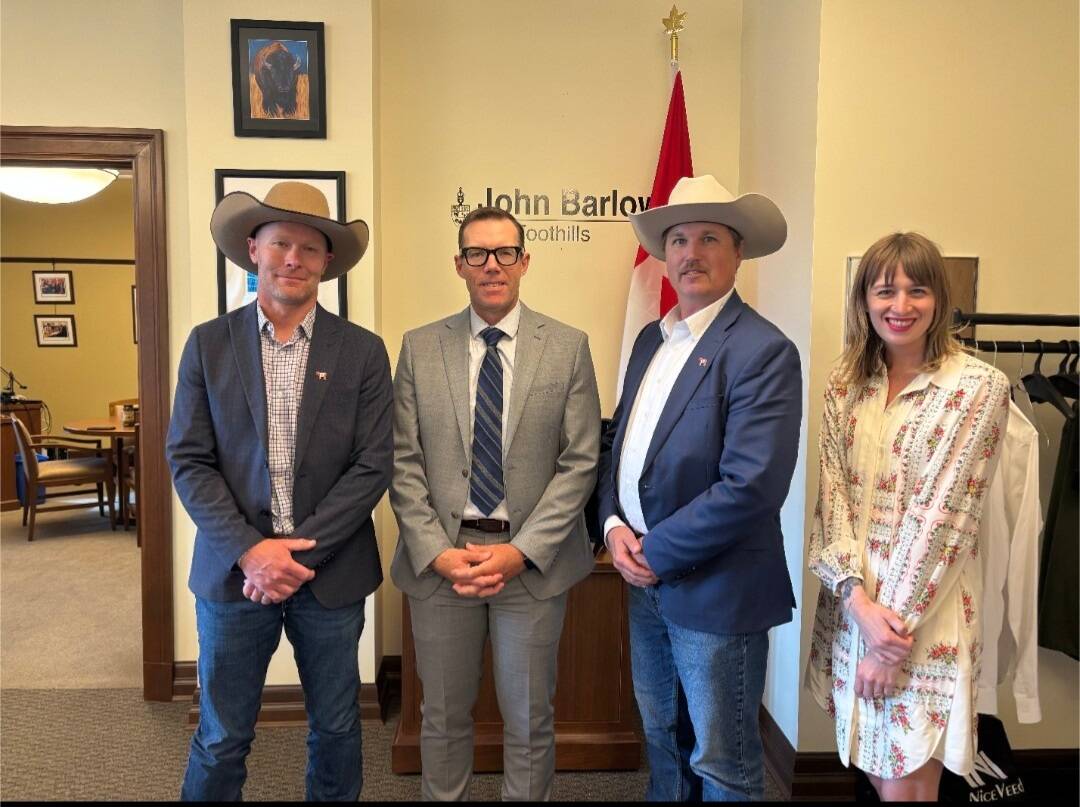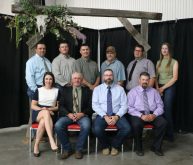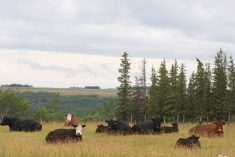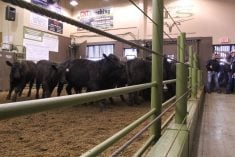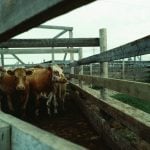The Canadian Cattle Association exists to champion Canadian beef producers’ interests; in short, we advocate on your behalf. Advocacy is not a process that sees quick results. It is a long game, which requires building and maintaining relationships, requiring significant effort and a lot of time to do well. Advocacy is something that we spend a lot of time doing but not a lot of time explaining how it works or why we do it.
We knew in early January that there was likely to be a federal election in the spring. In preparation, CCA staff reviewed progress on our sector’s requests to government, bills that were in progress, and requests for input and information from the government to us. Staff compared that information with our board policies and we developed an election document outlining Canadian beef sector priorities that the federal government could assist with. We shared the document with the major federal political parties when it was clear that an election announcement was imminent. We also shared the document with the beef industry and producers and encouraged producers to meet with their local candidates to ask questions and share the document. The election document is part of CCA’s role as an advocacy group to raise public awareness of our industry, to educate stakeholders and to mobilize support for our sector and help ensure beef producers’ needs are met.
During the election campaign, staff reviewed party platforms and candidate statements that could affect the Canadian beef industry. This process helped us identify potential allies for our industry as well as concerns that we may need to respond to.
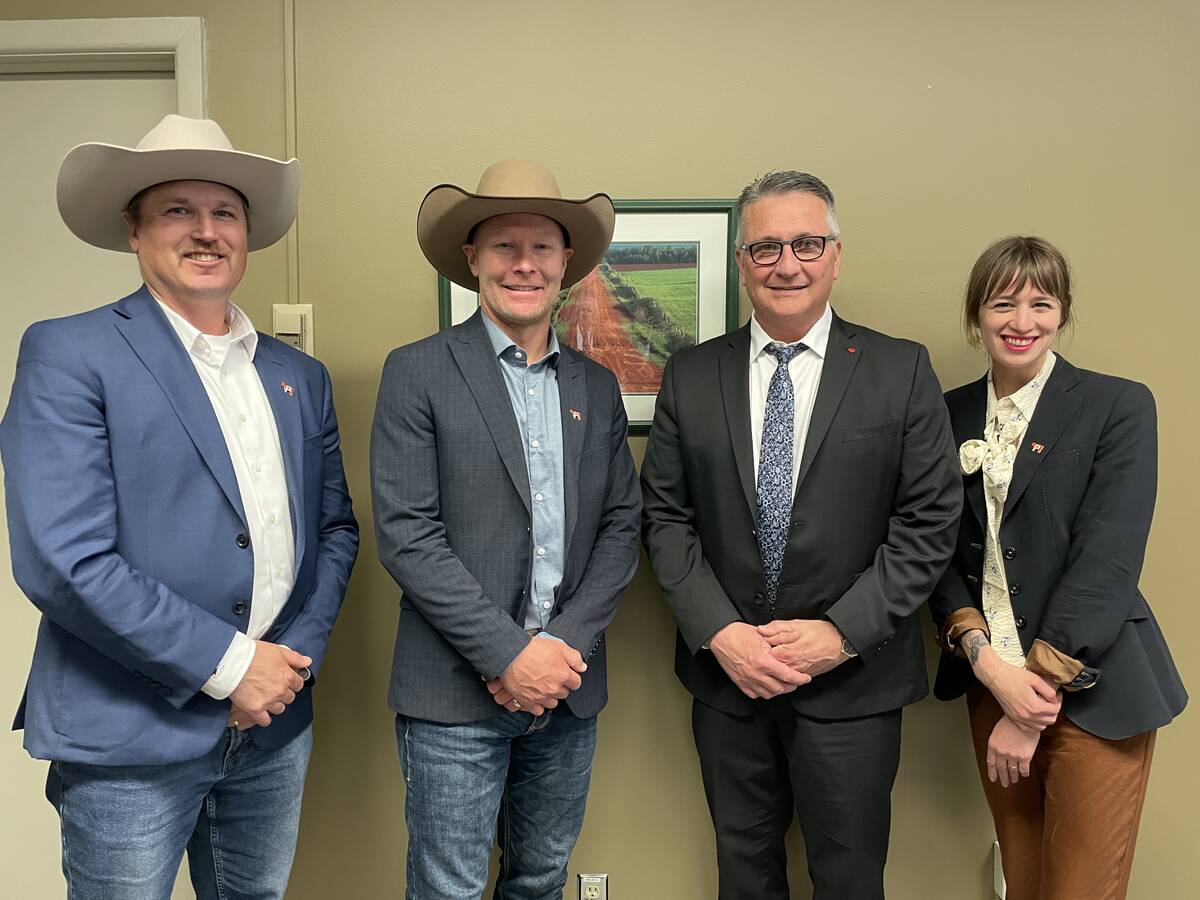
CCA staff also continued to respond to policy and trade developments throughout the election campaign, meeting with politicians and/or their staff as appropriate. Most of these developments were international, and I will focus on international advocacy in a future column.
Read Also
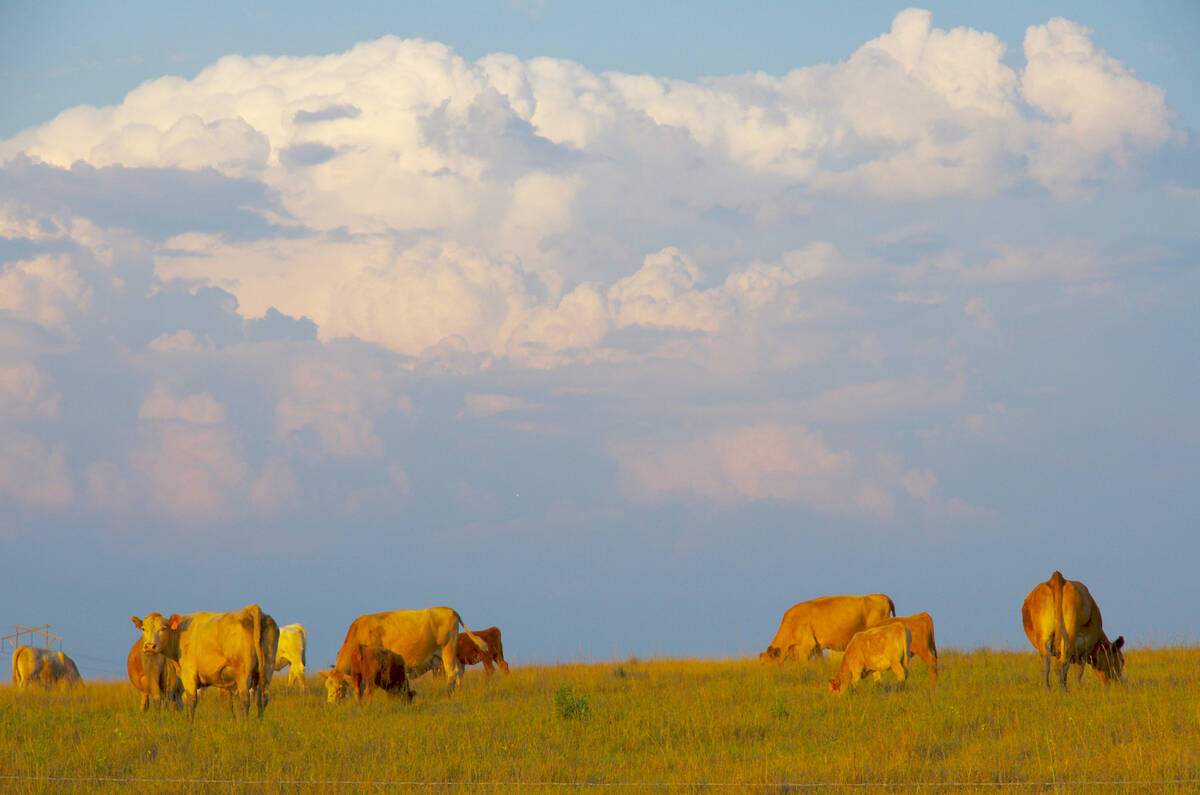
Canadian Beef Check-Off Agency reports on investments and activities
The check-off agency’s work behind the scenes is what ensures cattle check-off dollars are invested wisely, accounted for transparently and deliver measurable value back to producers and importers.
Following the election, we congratulated the new prime minister and re-elected MPs with whom CCA had established relationships based on their roles in the previous Parliament. When the new cabinet was announced, we reached out to several ministers to establish or re-establish working relationships. We were able to meet with Heath MacDonald, minister of agriculture and agri-food; Julie Dabrusin, minister of environment and climate change; Maninder Sidhu, minister of international trade; and John Barlow, shadow minister of agriculture, agri-food and food security, before Parliament resumed. At each meeting, we reiterated the priorities in our election document, shared concerns and requests for support on behalf of Canada’s beef producers and expressed our sincere desire to work together. We answered questions and committed to farm tours to help familiarize politicians with cattle farms and ranches.
Advocacy is all about relationships. CCA staff commit to developing good relationships with parliamentarians and their staff so that when there is an urgent situation, such as Bill C-202 or natural disasters such as forest fires, we can reach out quickly to share our concerns or request support.
CCA invested significant resources in campaigning against the previous iteration of Bill C-202, C-282. Bill C-202 was exactly the same, and we let Members of Parliament and the Senate know that we view this bill as bad trade policy that pits Canadian agricultural sectors against each other. Unfortunately, it’s not possible for all advocates to achieve the outcome that they want every time. CCA did not publicly share every phone call, letter or meeting about Bill C-202, but I am confident that we did everything that we could to try to stop this harmful legislation.
CCA’s commitment to advocacy and good relationships helps us secure invitations to participate in important conversations. It is a significant privilege and responsibility to be asked what support Canadian cattle producers need from the federal government and to be invited to share our opinion and provide input on policy matters.

CCA is nonpartisan and does not endorse specific candidates or parties. We work with whoever is elected and do our best to build and maintain positive relationships with elected officials and their staff, individually and collectively. Through hard work, CCA is a respected industry advocacy organization. We have a strong voice in Ottawa and at global tables on issues that matter to producers the most, and we will continually work for the betterment of this industry and for the benefit of Canadian beef producers. To support our efforts, please reach out to your MP. Parliament needs to hear from more than just the Canadian Cattle Association — they need to hear from cattle producers as well. It helps our industry when the message CCA shares in Ottawa matches the message received by MPs across the country.

